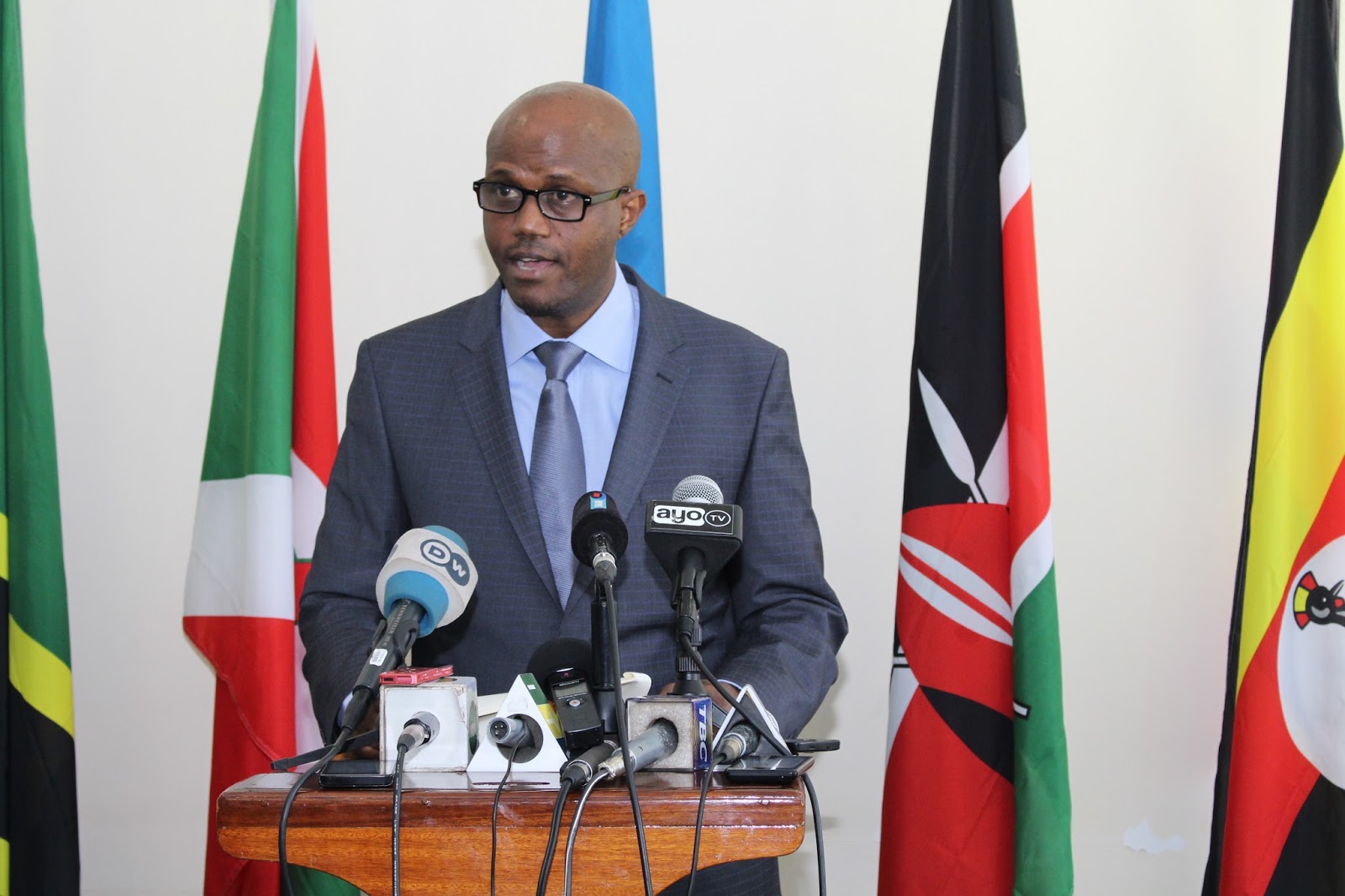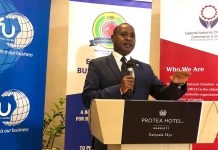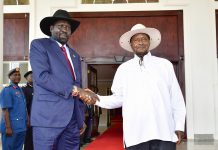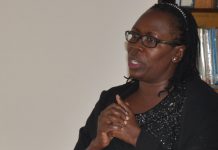THE East African Community (EAC) is set to mainstream gender and promote the rights of women in all of the bloc’s policies and programmes as well as in regional and continental instruments.
The EAC Secretary General, Ambassador Liberat Mfumukeko said here that in order to facilitate the implementation of the programme, the EAC has developed a strategy for mainstreaming gender in the regional structures, organs and institutions.
Thus, there will be a training manual handbook on gender mainstreaming, and an EAC Gender Policy that gives direction on gender equality, equity and non-discrimination within the community.
In November 2019, a platform called 50 Million African Women Speak was launched in Kigali, and supported by the African Development Bank.
It cuts across three Regional Economic Communities (RECs), namely the Common Market for Eastern and Southern Africa (COMESA), the East African Community (EAC) and the Economic Community for West African States (ECOWAS).
“EAC takes this opportunity to inform you that today the platform is now operational and has started its work,” said Ambassador Mfumukeko. Seeking to advance a gender responsive and an inclusive regional integration process, German Development Cooperation (GIZ) supported the International Women’s Day event this year in the EAC through the EAC-GIZ programme.
Dr Kirsten Focken from GIZ noted that without embracing gender equality in all spheres, regional integration, economic empowerment for women, productivity and bridging the digital divide in the region would hardly be achievable.
Dr Focken called upon policy makers to review laws and regulatory frameworks that hinder gender equality, women’s economic participation, and develop specific innovative approaches to promote generation equality and women rights.
She also urged the EAC partner states to fast-track assent of the EAC Gender Equality and Development Bill so that it becomes a reality for the region.
The women event called for changes in promoting generation equality and women’s rights in the region. The women celebrated and showcased experiences and testimonies of successful women in the region.
They also shared approaches for the advancement of women’s rights in the region.
Participants donated sanitary pads to girls at Meru Primary School in Arusha, Maasai school in Manyara District and marched through Arusha town centre.
The EAC Secretariat launched Gender Policy in 2018 that seeks an inclusive community which guarantees equal rights and opportunities for women and men, boys and girls.
The policy was developed to provide guidance on institutionalizing gender strategies in the EAC integration process, in addition to ensuring that the rights of women and men, boys and girls are promoted, protected and realized on an equal basis.
The policy further aims at strengthening the mainstreaming of gender concerns in the planning and budgetary processes of all sectors in the EAC organs, institutions and partner states.







